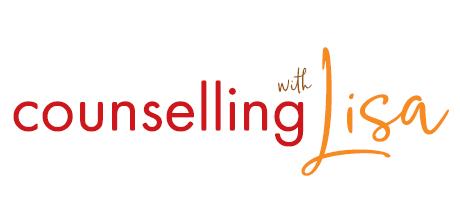To make an appointment call (416) 821-7315. If I can’t answer the phone right away, please leave a message and I will call you back within 24 hours. I’m sorry, but I do not set up appointments over e-mail.
Q&A About Counselling with Lisa
How do I make an appointment?
What kind of a commitment do I have to make?
Counselling is a process that takes time. During the first session we will agree on how often you will see me and I will give you an idea of how long the process will take. This could change as our counselling relationship unfolds. I will do my best to let you know if I think you would benefit from more or less counselling. Regular session attendance will allow our counselling relationship to grow, working together to obtain your goals.
What is your role as my counsellor? What do you do?
I am like a guide on your healing journey. I keep track of where you want to go, where you’ve been, what ground we’ve already covered and any surprises or changes in direction. I do this by asking questions, listening intently, tracking themes and patterns and being present to your emotional state. On a practical note, I provide a confidential and comfortable space for us to meet, keep track of billing and provide receipts and do my best to begin and end your session on time.
How much will I be expected to reveal?
This is totally up to you. At first, you may not feel comfortable sharing some parts of yourself. Over time, as the trust develops between us, you may feel more comfortable revealing more of yourself. The more open you can be, the more potential there is for learning and growth. The questions I ask are not meant to be nosy or pry into your life; they are meant to help me gather information about your counselling issue. If at any time you don’t feel comfortable answering a question you always have the option to pass.
How will I know if my counselling is working?
Counselling is a very subjective process. A lot of people come to see a counsellor because they feel stuck in their life and want to become unstuck. We will try and define your issue so we can know when change happens. In general, if you feel heard understood and supported by your counsellor, this is a good start. The goal of counselling is to help you to feel more balanced in your life, more equipped to handle life’s challenges, and more aware of yourself and how you connect to your relationships and the world. Counselling can deal with negative emotions and memories, and sometimes counselling isn’t very fun. This doesn’t mean it isn’t working, just like a physical injury, sometimes pain and discomfort are part of the healing process. Ultimately, you are the best judge of whether your counselling is working.
What if I want to end my counselling?
You are in control of your counselling process. If you choose to end counselling, I would ask that you tell me at one of our sessions rather than over the phone or by e-mail. It’s good to have a chance to talk about where we’ve been and what ground we’ve covered, summarize and celebrate your success while recognizing the challenges or difficulties.
What if I have ended my counselling and feel like I need to return for more?
If we have worked well together this can definitely be considered. Counselling is often not a linear journey and may suit your needs or life at different times. I would be open to continuing our journey or starting a new one.


